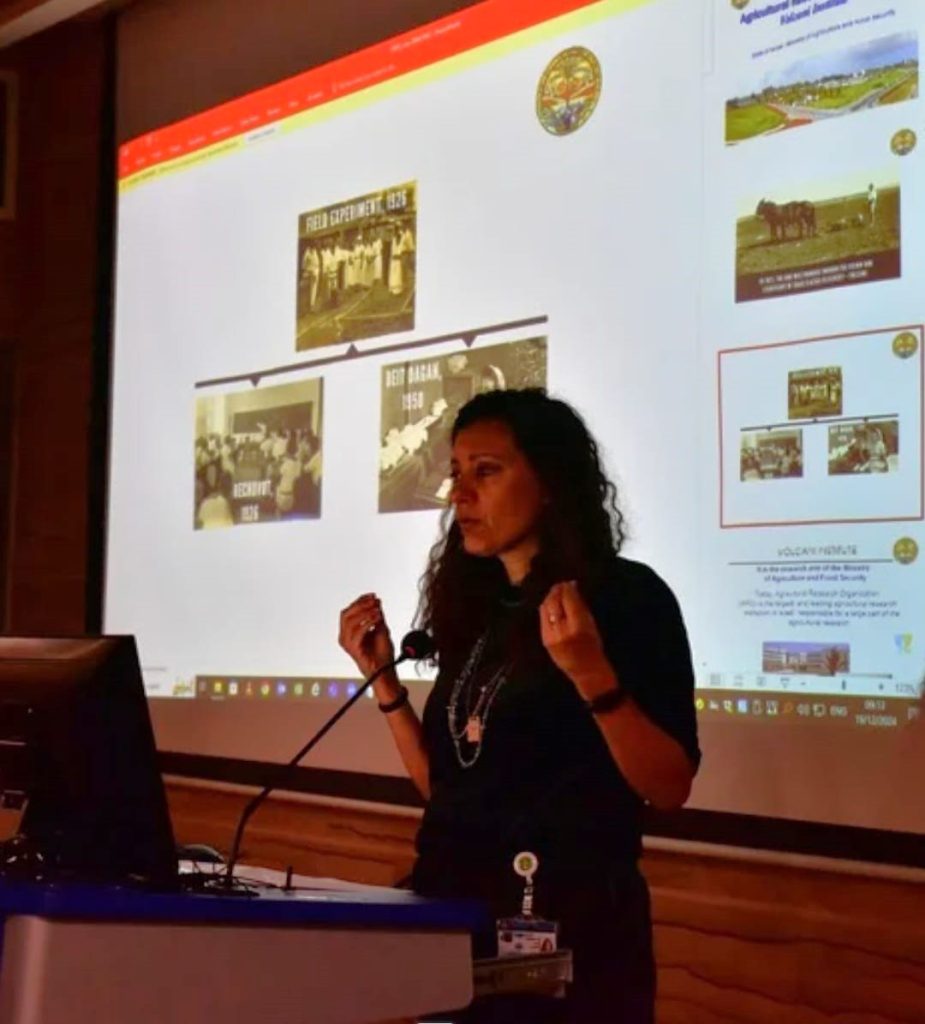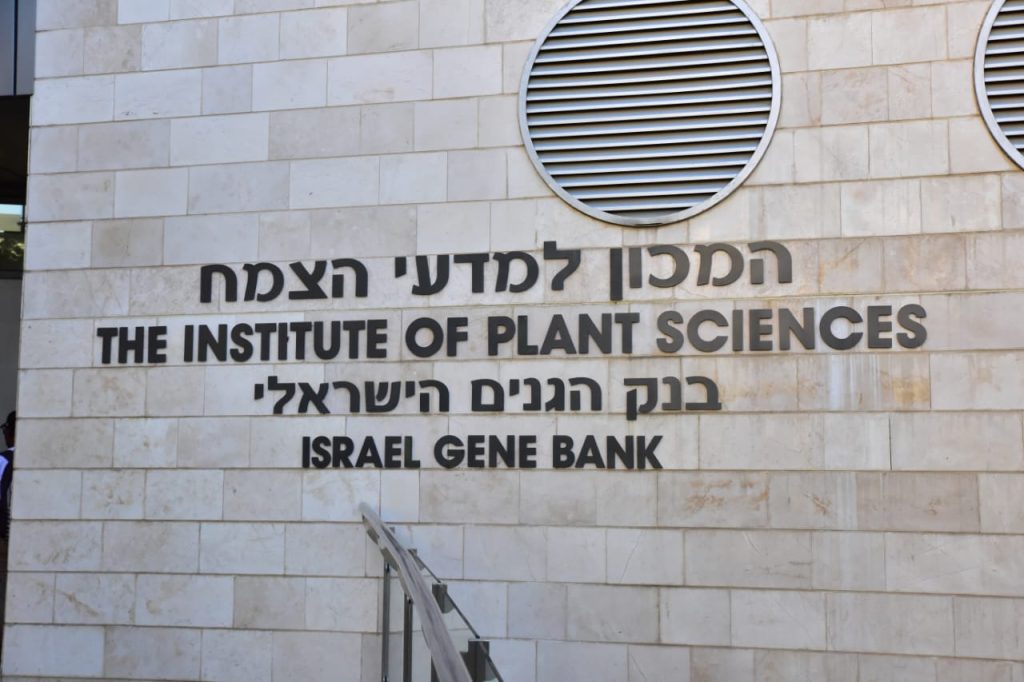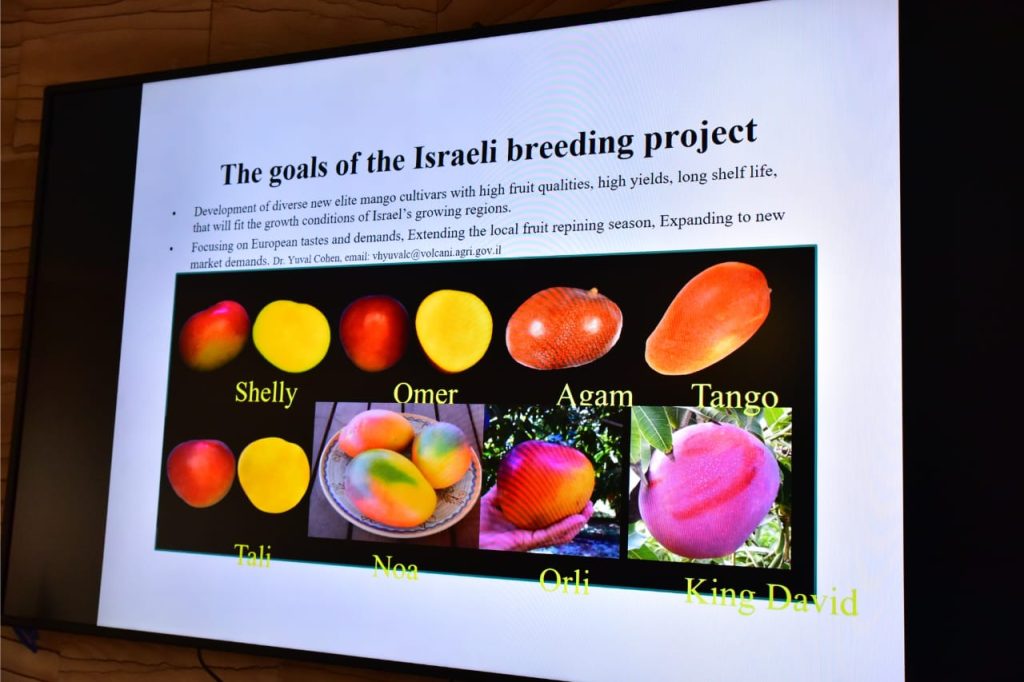By Beatrice Asamani Savage, GNA Special Correspondent, Israel
Tel Aviv, Jan. 5, GNA – The Volcani Center, Israel’s leading agricultural research institution, has urged African researchers to collaborate with its experts to address food security challenges and drive sustainable agricultural development across the continent.
Ms Naama Rosenberg, Spokesperson for the Center, under the State of Israel’s Ministry of Agriculture and Rural Development and the Agricultural Research Organization (ARO), said it was committed to fostering partnerships that promoted innovative research outcomes for the benefit of farmers, agribusiness investors, and rural economies.
Briefing African journalists during a tour of the Volcani Center, in Tel Aviv, Ms Rosenberg highlighted the significance of joint efforts in tackling global agricultural challenges, particularly, in regions vulnerable to climate change. “Knowledge must be shared. We can learn from one another, develop solutions together, and achieve greater food security and sustainability,” she said.

The Volcani Center, which has been at the forefront of agricultural innovation for more than a century, is internationally recognised for its work in arid and semi-arid climates.
Its pioneering research spans a wide range of areas, including water-efficient irrigation technologies, climate-resilient crop varieties, post-harvest storage solutions, and biosystem engineering to optimise agricultural productivity.
Ms Rosenberg encouraged African farmers and agribusiness investors to leverage research-driven agricultural practices to create wealth and sustain their businesses. “Farmers need solutions that are not only scientifically effective but also economically viable. Through collaboration, we can ensure these solutions are accessible and practical for those who need them most,” she said.
The Volcani Center has developed innovative solutions such as tomatoes that naturally dry in greenhouses to reduce post-harvest processing costs, and techniques for cultivating orchards in desert regions.

These innovations, Ms Rosenberg noted, could significantly boost productivity and profitability for African agricultural stakeholders.
The Center has also developed many varieties of mandarin with diverse tastes, juice content, aromas, shelve-life, statin tolerance, among other properties to meet the needs of farmers, businesses and customers.
It is also undertaking extensive research to address challenges of pest control, soil degradation, and water scarcity.
Ongoing studies on climate-resilient crops and advanced irrigation systems hold immense potential for transforming African agriculture and improving food security.
Ms. Rosenberg also underscored the Volcani Center’s focus on education and capacity building, particularly, for young people.
She said: “We believe in inspiring the next generation to appreciate the value of agriculture. Teaching children and communities to grow their own food, even in urban settings, is part of our effort to create sustainable solutions for future generations.”

Additionally, it is working with global partners to address pressing agricultural challenges such as climate change, sustainable food production, and resource management.
The Center’s innovative research on biosystem engineering, including the use of drones, robotic fruit pickers, and satellite imaging, is promoting cutting-edge approach to modern agriculture.
It has also made significant strides in livestock management, developing sensors to monitor the health and productivity of animals and creating varieties of poultry and livestock tailored to specific environmental conditions.
“Happy and healthy animals produce more, which is not just a win for farmers but also for sustainability,” Ms Rosenberg remarked.
The Center, which operates with six institutes and two off-campus research stations is funded with state subvention and internally generated funds.
The institutes are responsible for Plant Sciences, Animal Science, Plant Protection, Soil, Water and Environmental Sciences, Agricultural Engineering, and Postharvest and Food Science activities.
GNA